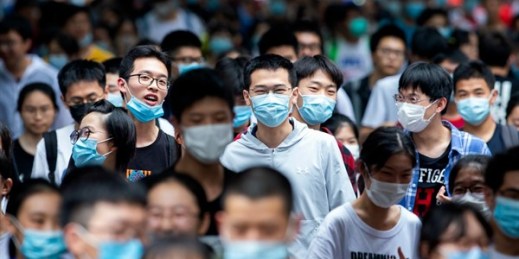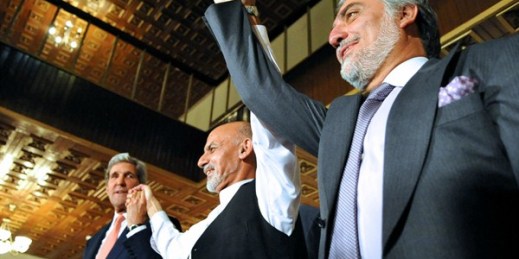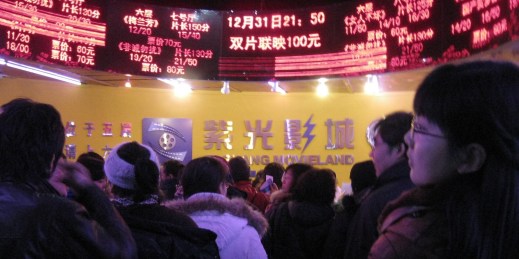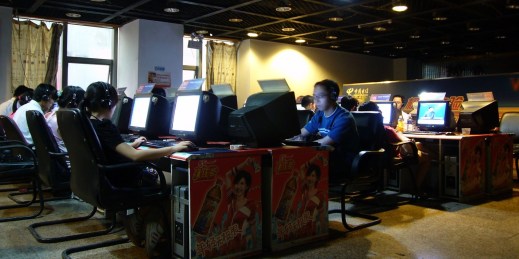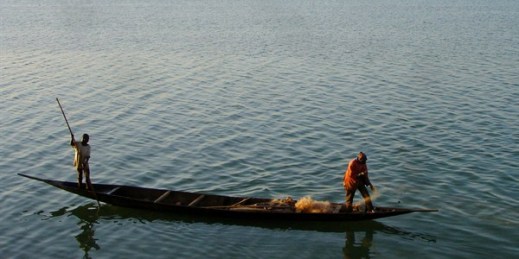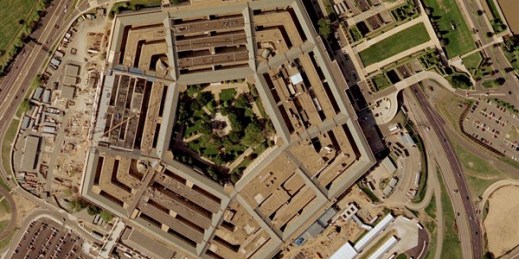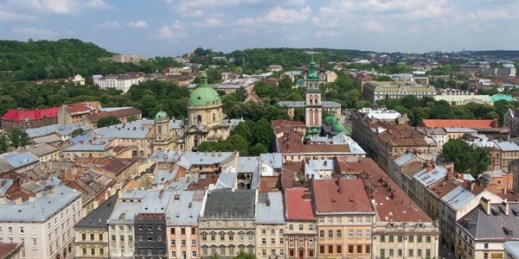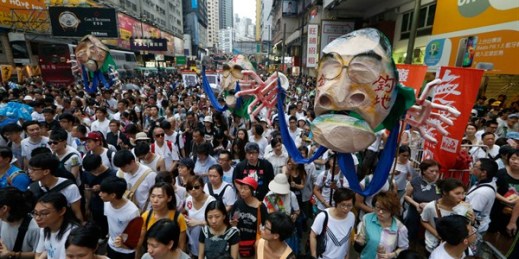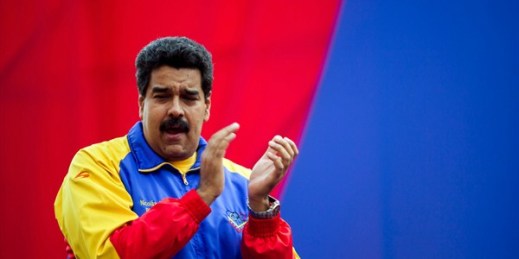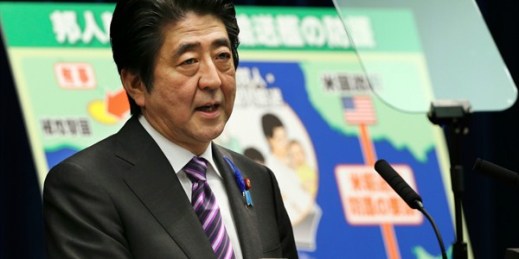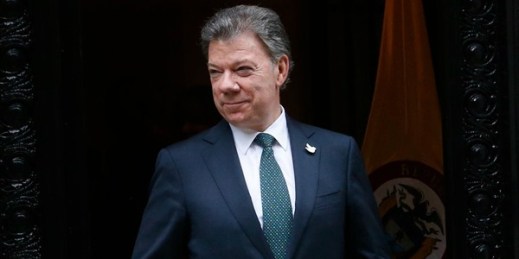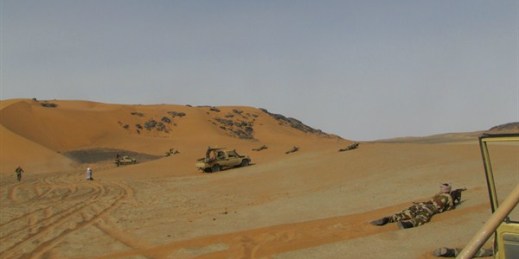
Western governments mostly welcomed the re-election of Mauritania’s strongman, President Mohamed Ould Abdel Aziz, last month, despite low turnout and an opposition boycott. Mauritania’s growing importance in regional counterterrorism and security efforts against al-Qaida in the Islamic Maghreb (AQIM) and other militant groups has shielded Aziz from outside pressure to reform. Yet the West should not confuse Aziz with the entire Mauritanian regime. His authority has limits and largely depends on the backing of the military. Moreover, though Aziz has proven to be a shrewd political operator, he is not immune to internal dissent, including among the military. Strengthening the […]

